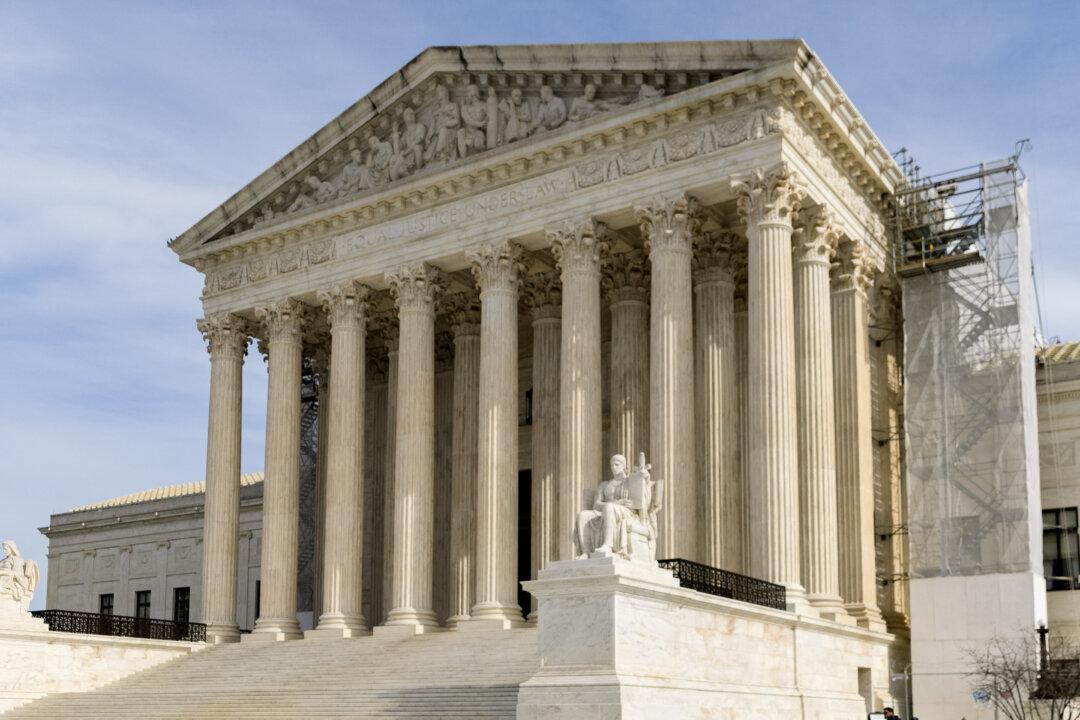The Supreme Court is hearing oral arguments on Feb. 26 in two big social media cases that could have wide-reaching implications for how companies like Facebook can moderate or censor content.
Two cases—Moody v. Netchoice and Netchoice v. Paxton—are coming before the court in disputes over Texas’ and Florida’s social media laws. The states’ attempts to rein in big tech laid out many parameters for how companies could remove content they found objectionable.





